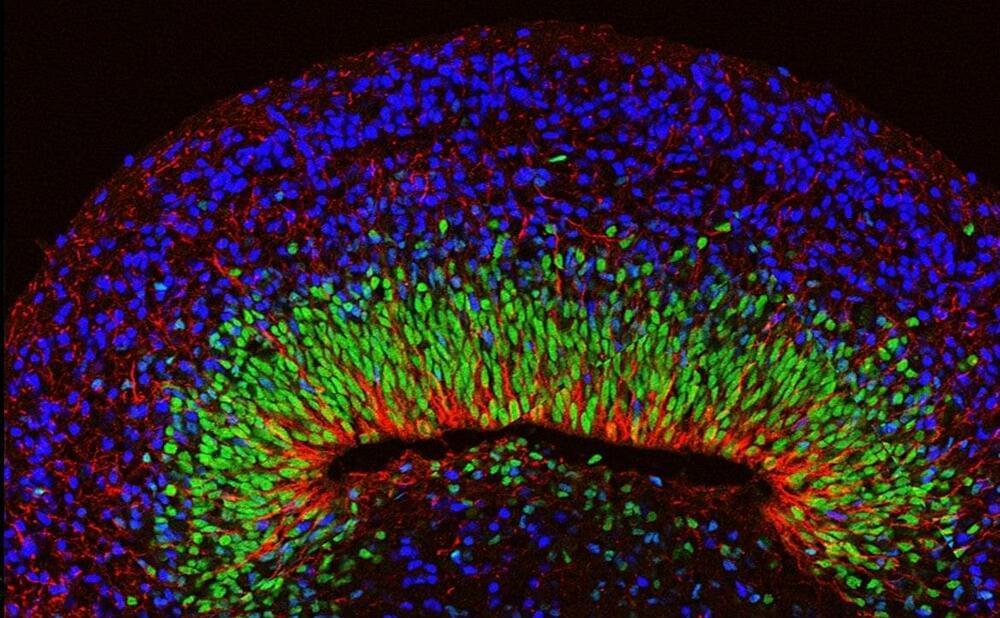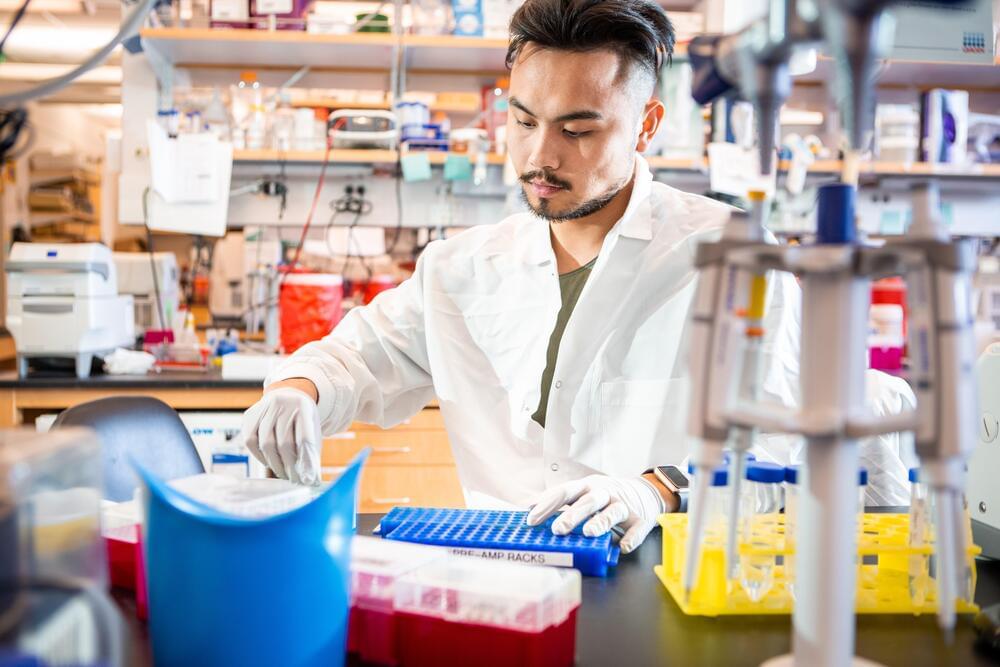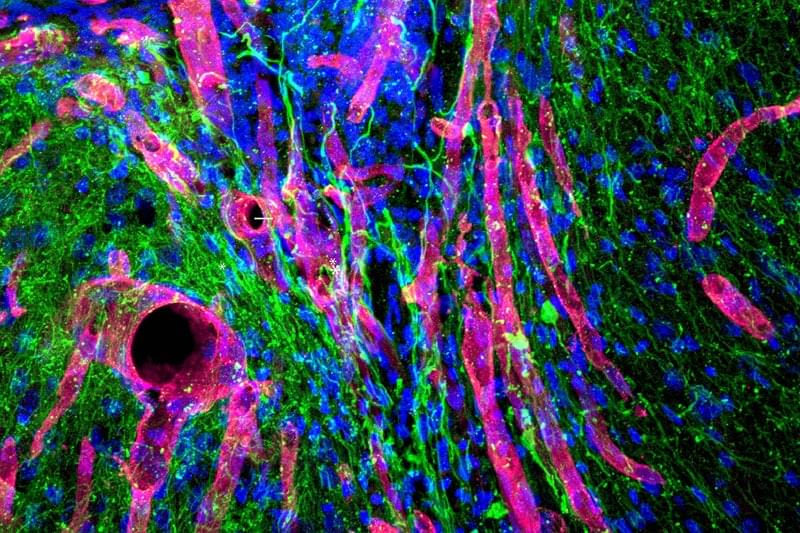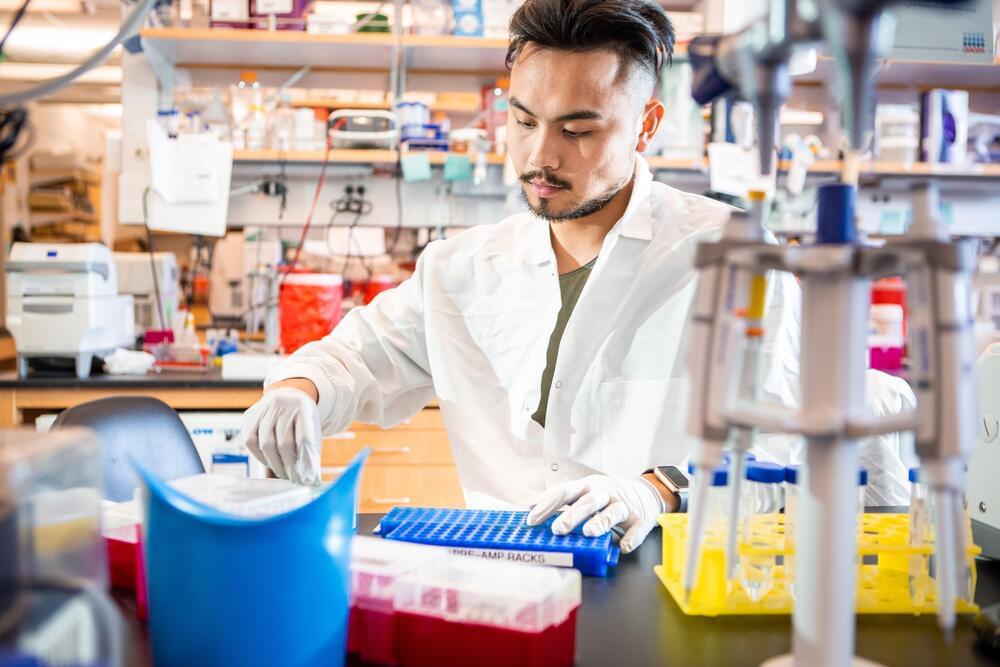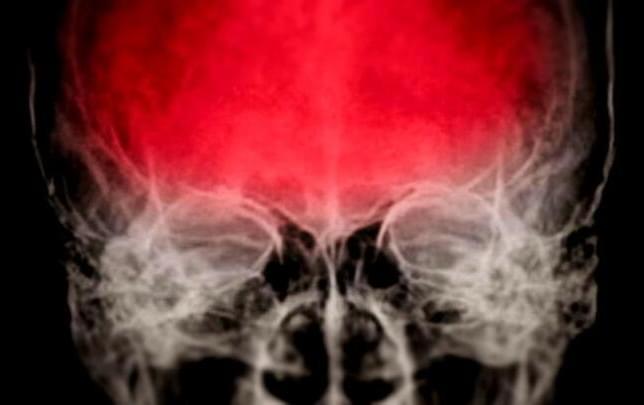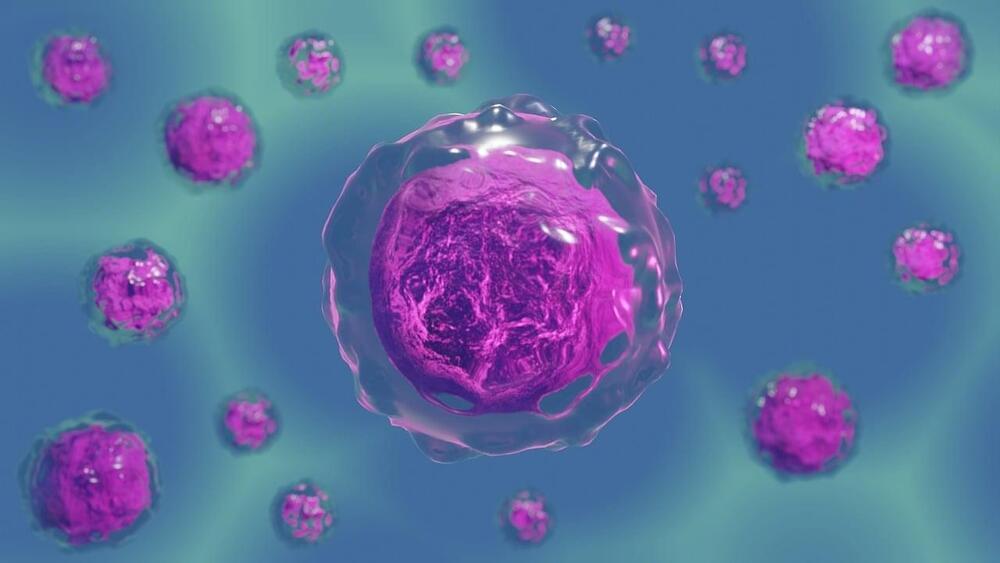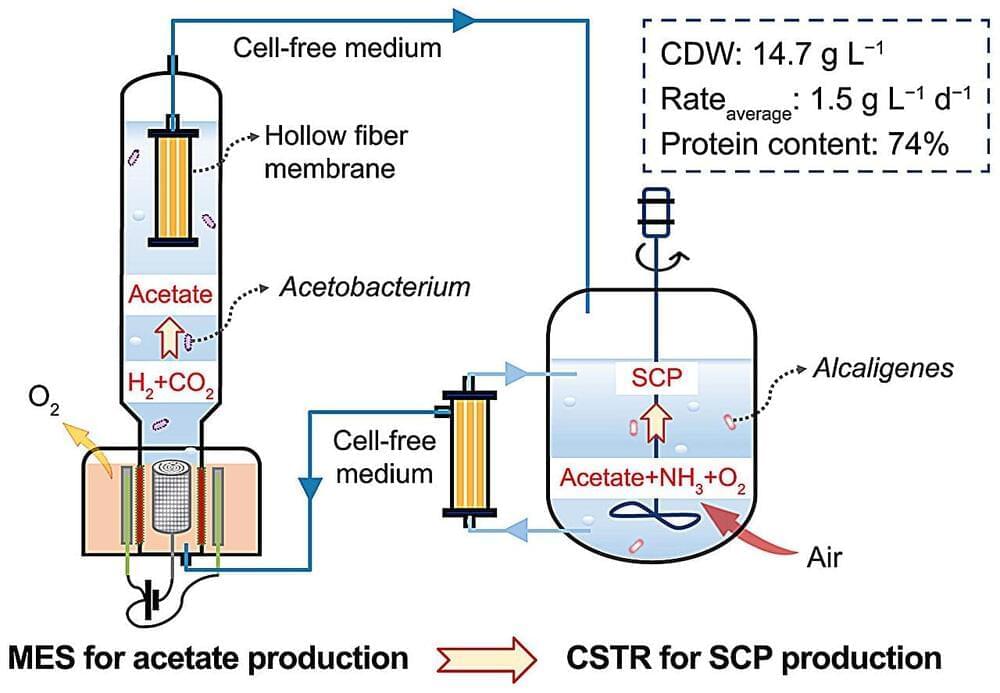Researchers at the Eli and Edythe Broad Center of Regenerative Medicine and Stem Cell Research at UCLA have developed brain organoids — 3D, brain-like structures grown from human stem cells — that show organized waves of activity similar to those found in living human brains.
Then, while studying organoids grown from stem cells derived from patients with the neurological disorder Rett syndrome, the scientists were able to observe patterns of electrical activity resembling seizures, a hallmark of the condition.
The study, published today in the journal Nature Neuroscience, broadens the list of brain conditions that can be studied in organoids and further illustrates the value of these human cell–based models in investigating the underlying causes of diseases and testing potential therapies.
